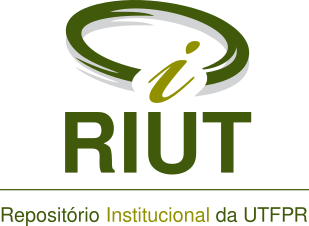Plastic waste management in Russia
Resumo
The global surge in plastic production has intensified environmental crises due to inadequate waste management. In Russia, vast geography, linear economic models, and low recycling rates exacerbate the issue. This study investigates barriers to Russia’s circular economy transition, focusing on fragmented policies, infrastructural deficits, and socio-economic practices. Methods include federal policy and media narrative content analysis, secondary data analysis, stakeholder interviews, and SWOT analysis. Findings indicate fragmented governance and weak Extended Producer Responsibility enforcement hinder progress. Despite emerging technologies (AI sorting, blockchain), recycling market growth, and rising awareness, infrastructural gaps and mechanical recycling limitations persist. Fossil fuel subsidies and technological isolation further complicate advancement. Effective reform requires stricter policy enforcement, bioplastics adoption, international cooperation, infrastructure decentralization, reducing petrochemical lobbying influence, and restoring public trust.
Palavras-chave
Texto completo:
PDF (English)DOI: 10.3895/rts.v21n66.20465
Apontamentos
- Não há apontamentos.
Direitos autorais 2025 CC-BY

Esta obra está licenciada sob uma licença Creative Commons Atribuição 4.0 Internacional.





